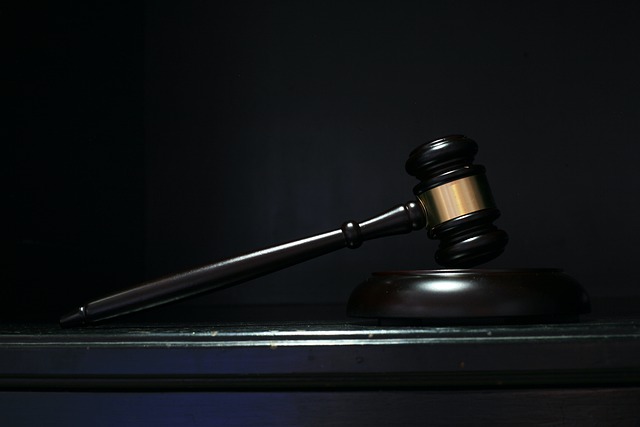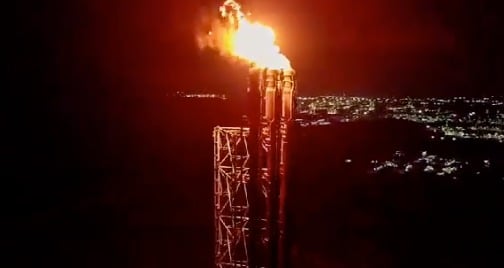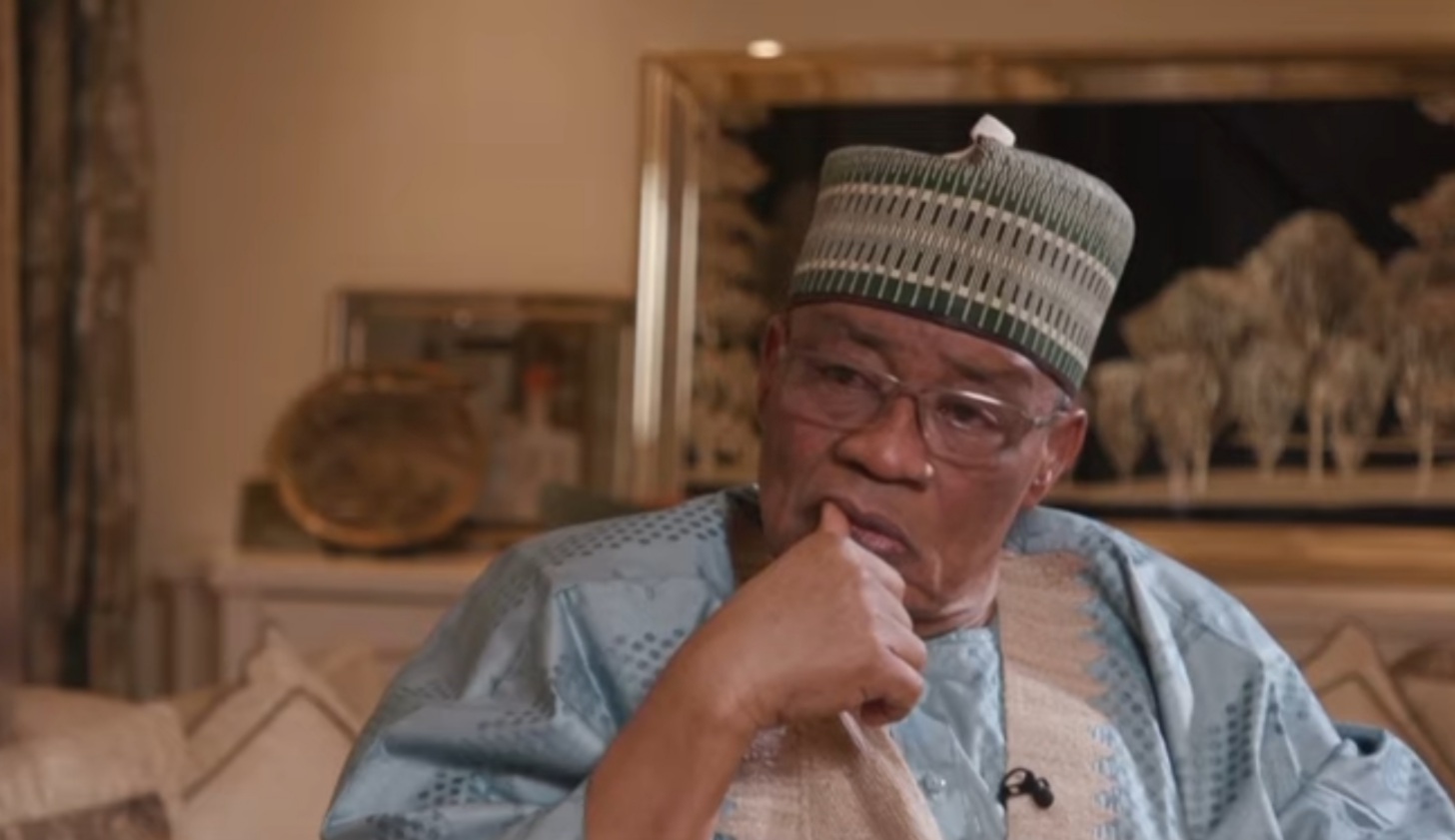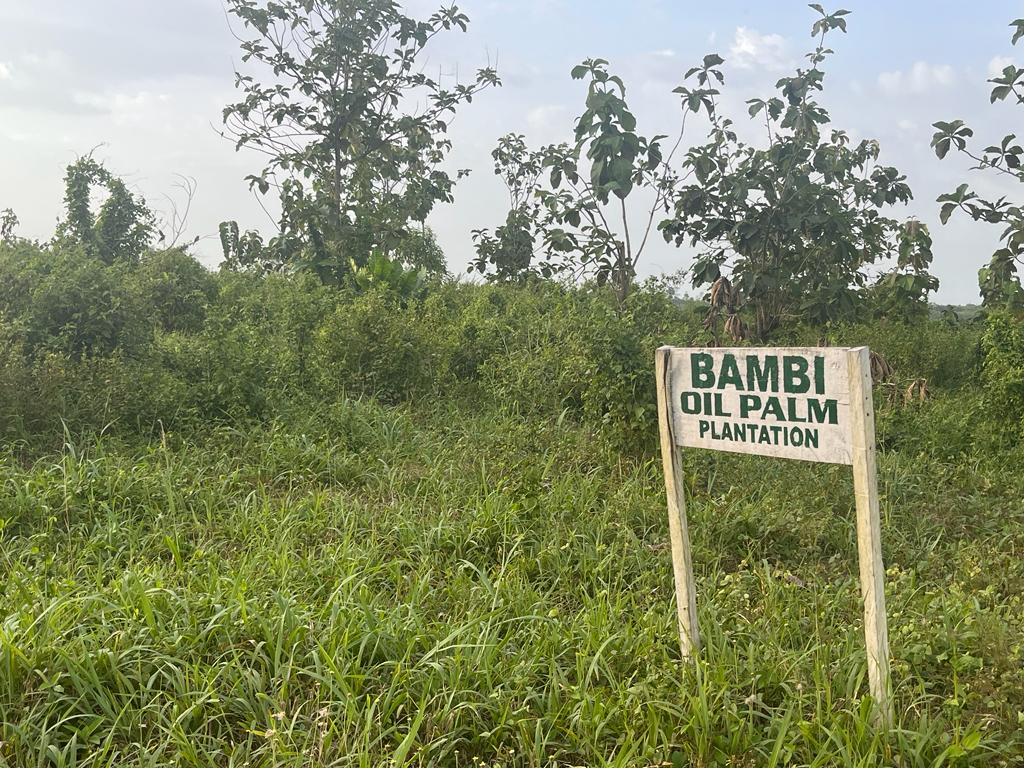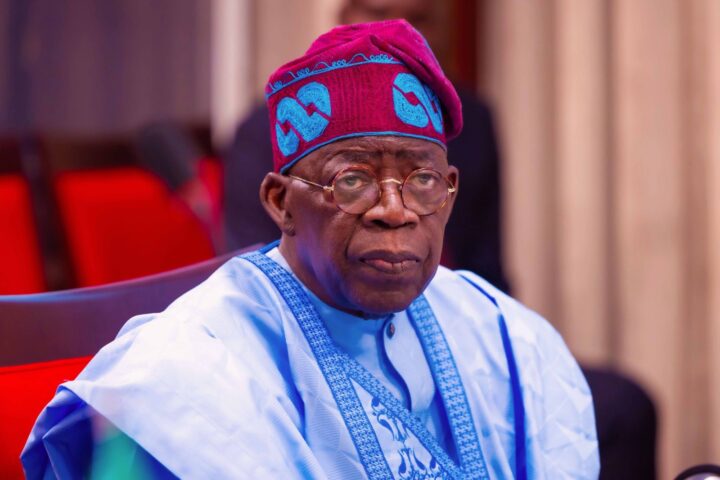A week after admitting that it did not have sufficient evidence to substantiate its charges against Mohammed Bello Adoke and five others in the OPL 245 trial, the Economic and Financial Crimes Commission (EFCC) on Friday sought another adjournment to review the case.
However, Justice Abubakar Kutigi of the FCT high court refused to grant the application, admonishing the commission for taking “advantage” of adjournments outside the provisions of the Administration of Criminal Justice Act (ACJA).
Kutigi then fixed February 29, 2024 to deliver judgment.
The EFCC had, in January 2020, filed charges bordering on fraud, money laundering and corruption against Adoke, former attorney-general of the federation, in the sale of OPL 245 to Shell and Eni by Malabu Oil & Gas Ltd in 2011.
Advertisement
Others charged to court are Aliyu Abubakar, Rasky Gbinigie, Malabu Oil & Gas Ltd, Nigeria Agip Exploration Ltd, Shell Ultra Deep Nigeria Ltd, and Shell Nigeria Exploration Production Company Ltd (SNEPCo).
After seeking and getting adjournments 11 times — as against the maximum of five provided for ACJA — the EFCC was forced to close its case in October 2023.
All the defendants made no-case submissions, arguing that the EFCC failed to prove its case and that the court should dismiss the charges.
Advertisement
In its response, the commission agreed that there is “paucity of evidence” and said it would not oppose the no-case submission of the defendants — with the exception of Gbinigie whom it said has a case to answer over the alleged alteration of Malabu’s registration documents to remove the name of Mohammed Abacha from the list of directors.
As a result of the change of directors, Abacha did not share from the $1.1 billion paid for OPL 245 by Shell and Eni to acquire Malabu’s 100 percent interest in the oil block.
APPLICATION FOR ADJOURNMENT FAILS
At the sitting on Friday, Sylvanus Tahir, a senior lawyer, introduced himself as the new lead counsel for the EFCC.
Advertisement
He said: “With respect my lord, this matter is slated for the adoption of written addresses in respect of no case submission. This is my first time in entering appearance in this matter. I have a short application to make. Just yesterday, the executive chairman of the EFCC called me and directed that I appear in this case today and convey an innocuous application to this court for a short date.”
Kutigi responded thus: “I will not be granting the application. Tell the chairman we can’t adjourn the case for addresses.”
Tahir said the case was initiated before the present government assumed power and the leadership of the commission is also new.
“The government wants to look at issues in a way that will be good for all the parties. We want just a short date to report back to the court,” he said.
Advertisement
All the counsel for the defendants opposed the application.
Joe Gadzama, the lead counsel for Agip, asked that the prosecution should apologise to the defendants.
Advertisement
In his ruling, Kutigi said: “I have carefully considered the submissions and application by the senior counsel from both sides. The grant of adjournment is discretionary predicated on cogent reasons or facts by the party seeking. It is not granted as a matter of cause. The simple issue is whether there are cogent reasons to support the application for adjournment. This is a charge that was filed in 2020 going on to four years. Prosecution concluded its case and the others elected to enter a no-case submission in line with sections 302 and 303 ACJA.
“After the no-case submissions by the defendants, prosecution is to reply to issues raised. In this case, all parties have complied with the provisions of the law. Therefore, parties have joined issues and the matter was adjourned for a while and prosecution had sufficient time to look at this case and there is time to resolve the issue.
Advertisement
“It’s difficult to accept that this chairman of EFCC can get an adjournment of the court. As courts, we are not under any other jurisdiction of any institution. It has taken almost four years for prosecution to call its witnesses and this court was forced to exercise its powers to compel the prosecution to close its case. The prosecution has been given all the time to conduct this case the way it deems fit and they have taken undue advantage of adjournments outside ACJA.
“If for whatever reason the prosecution cannot proceed, they have sufficient power under the constitution to discontinue. I hold that the application for adjournment fails and is refused.”
Advertisement
Add a comment
